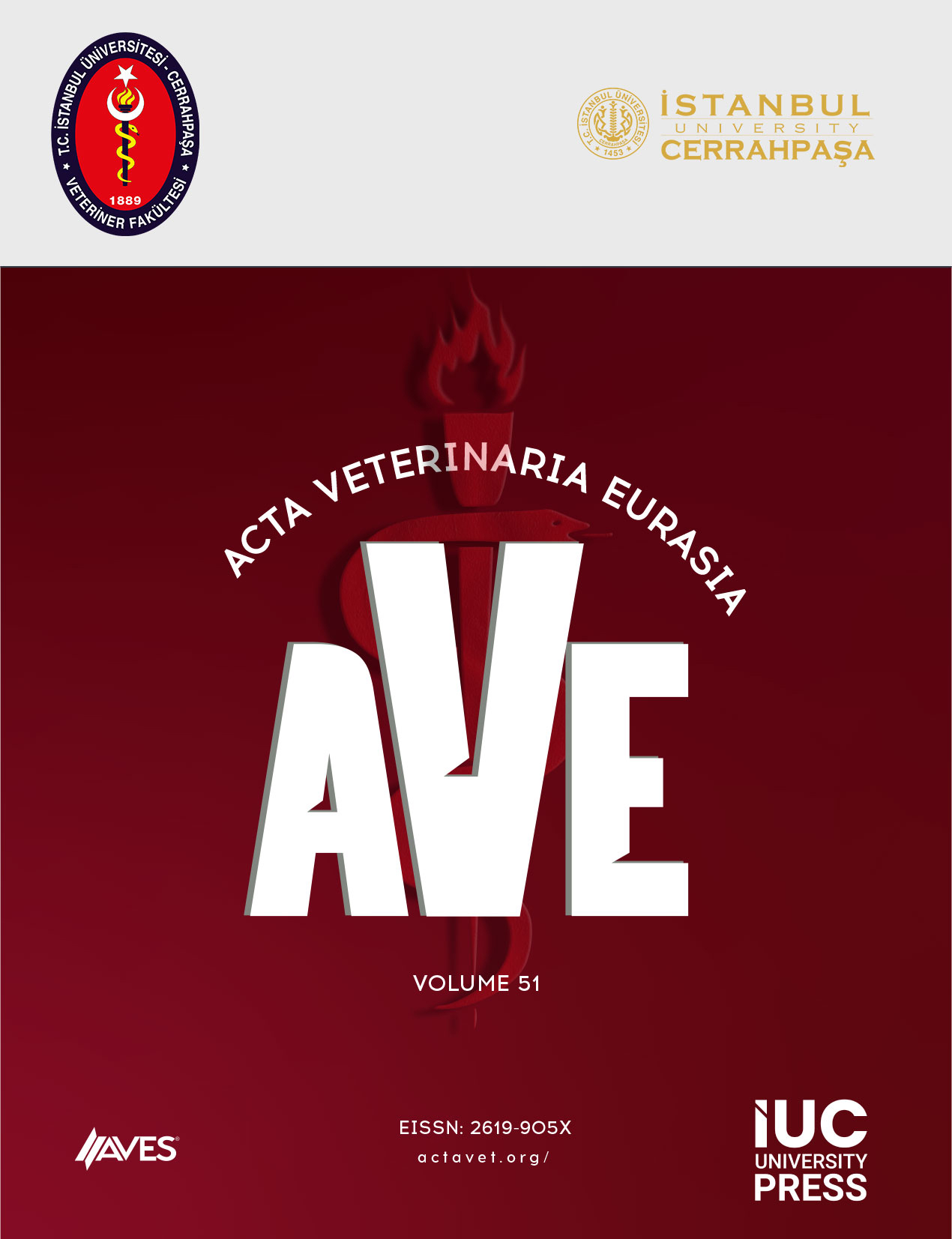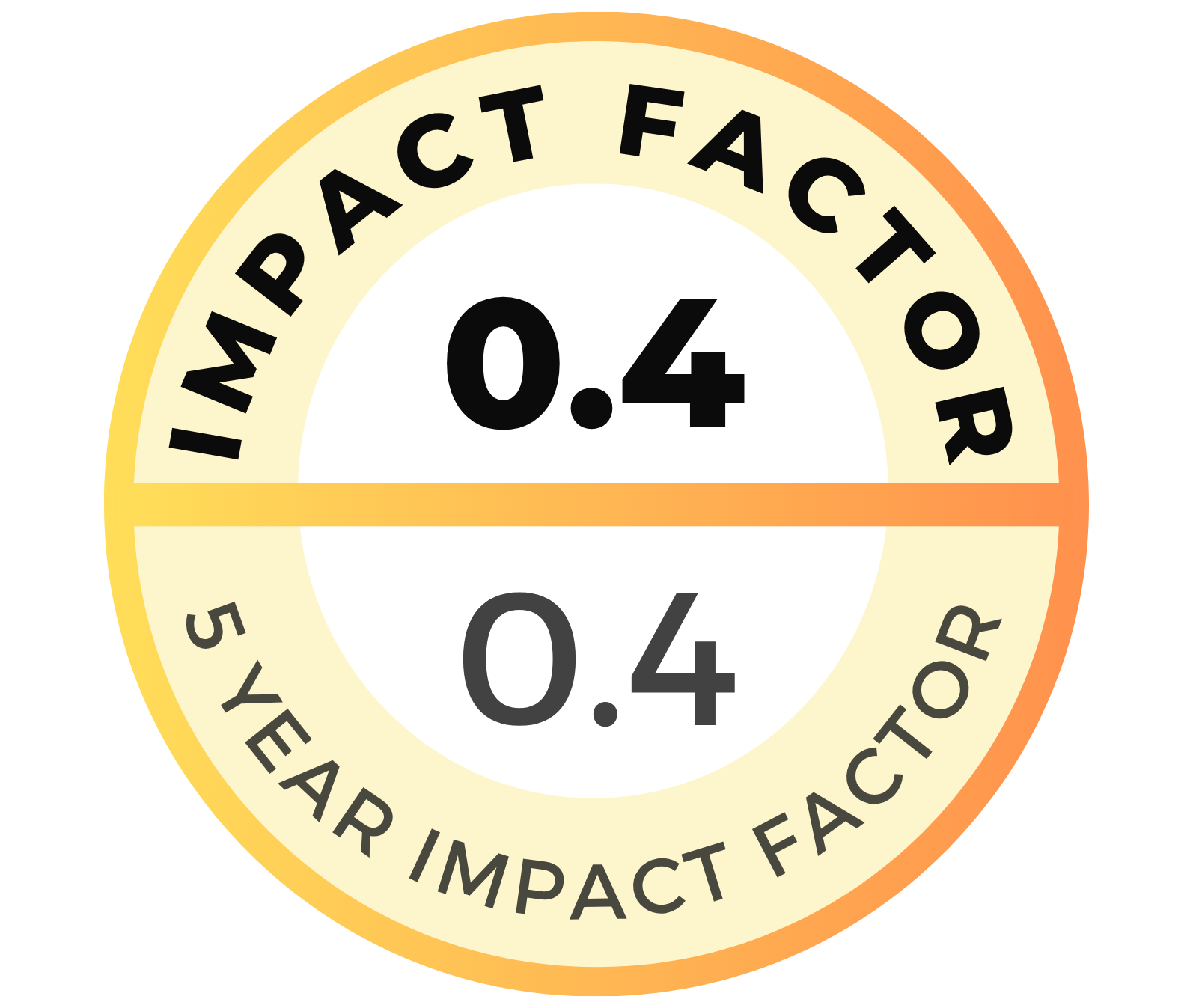A total of thirty two rams from Red Karaman, Imroz, Sakız and Karakul breeds were used to investigate the influence of transport stress on certain hematological and biochemical stress indicators, and on individual, feeding, eliminative and abnormal behaviours during the 2 h resting period. Three blood samples were taken from each animal at home pen, at immediately after transport and after the two hours resting period. Breed had no significant influence on PCV and N:L ratio. However, Imroz rams had higher WBC count than Sakız and Karakul rams, and Red Karaman rams had higher Hb level than Karakul rams. Transportation stress usually caused an increase in hematological parameters. Plasma cortisol concentration increased after transport stress in rams from all breeds. While plasma cortisol concentration returned to initial level after the 2 h resting period in Imroz and Karakul rams, it did not decrease to its initial level in Red Karaman and Sakız rams. The effect of breed, as a main effect, on plasma CK, LDH and glucose levels was not significant. However, Imroz rams had higher plasma total protein concentration than that of Sakız rams. Breed x sampling time had significant influence on CK level. While the effect of sampling time on CK was significant for Red Karaman and Sakız rams, sampling time had no influence on CK for Imroz and Karakul breeds. Significant increase in CK level was observed immediately after transport in Sakız rams, and after the 2 h lairage period in Red Karaman rams. Percentages of lying, standing, idling and investigation behaviours were affected by breed of ram. While Imroz rams exhibited the highest lying behaviour, Red Karaman rams had highest mean for percentage of investigation behaviour. Red Karaman rams also exhibited highest frequencies of vocalisation and 'butting other animals' behaviour. In conclusion, from animal welfare point of view, breed differences in stress responses should be considered in the planning of transportation and lairage procedures.





.png)